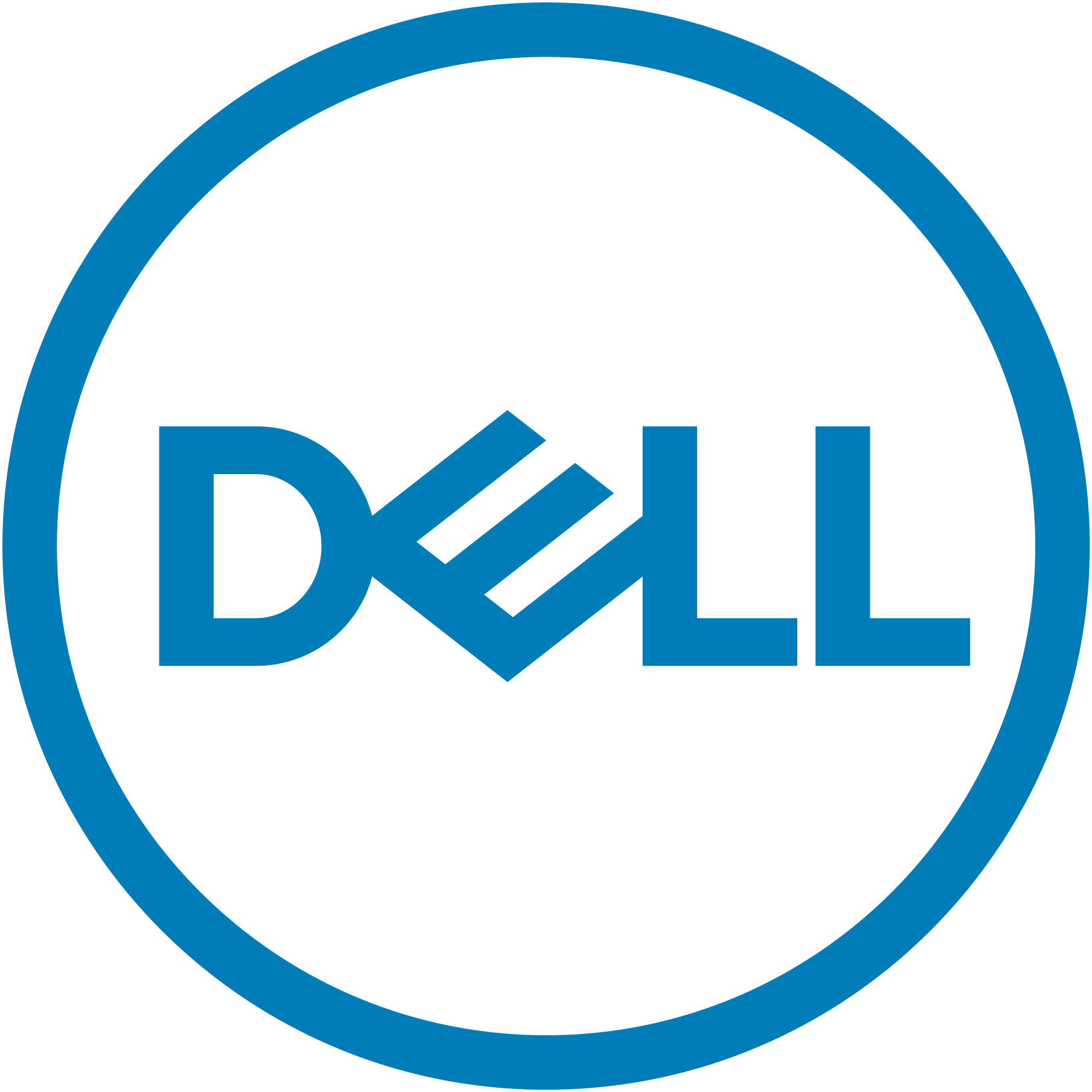VIDEO | Why Combating Ocean Plastics is Our Business
By Carly Tatum
Originally published on Direct2Dell
Eighteen months ago, I sat in a conference room with my Dell colleagues as Adrian Grenier, our social good advocate, shared his passion for the oceans. At the time, our general consensus was that “oceans aren’t Dell’s thing.” But the more we learned, the more we realized how wrong we were.
The ocean is the most important regulator of our global climate. It is also the primary food source for more than 3.5 billion people around the globe. So to borrow a line from Ocean Unite, the ocean is everyone’s business.
Last week, Dell attended The Economist’s World Ocean Summit, an annual gathering of top researchers, non-governmental organizations (NGOs), government officials, and corporations for the purpose of finding solutions to ocean issues. At first, attendees were quite surprised to see Dell there.
“You’re here with Dell, as in the tech company?” asked one attendee. Let me explain.
Dell runs one of the largest global supply chains in the world. As such, we are consumers of plastic. But we’ve also spent a decade finding sustainable alternatives to plastic, such as recycled carbon fiber, post-consumer recycled plastics, bamboo, and wheat straw.
Last month, we hit our 2020 goal of using 50 million pounds of sustainable materials in our products. And we’re 93 percent of the way toward our goal of 100 percent sustainable packaging. So we know a thing about operationalizing and scaling sustainable solutions.
We think we can use a lot of ocean plastic in our supply chain. And we think others could as well.
Quickly the sentiment changed to: “So Dell probably knows more about how to recycle ocean plastics than anyone else in this room.”
We hope that’s the case. It’s why we’ve announced our industry’s first ocean bound plastic packaging pilot for our signature consumer laptop, the XPS 13 2-in-1. You can learn more about our approach and program in this white paper and video.
What Dell has introduced is a good start, but it’s not the complete answer. We need more businesses engaged to address the issue at scale. We must support local infrastructure in key markets with high concentrations of ocean plastic, and we need to make the economics work for everyone. It will be no easy feat, but through collaboration, it is a solvable problem.
We are all consumers and users of plastics. We must also be part of the solution. Join us.
Additional Resources
- Dell Ocean Plastics Overview: www.dell.com/oceanplastics
- XPS 13 2-in-1 product info
- White paper: Sourcing Ocean Plastics
- Video: Dell Ocean Plastics
- Infographic: The dangers of Ocean Plastics
- Infographic: Dell Ocean Plastics - How it works
- Photo gallery
- Cry Out The Lonely Whale VR Experience
This story shares one example of how Dell is committed to driving human progress by putting our technology and expertise to work where it can do the most good for people and the planet.
We invite you to explore our FY17 Annual Update on our 2020 Legacy of Good Plan at legacyofgood.dell.com.

